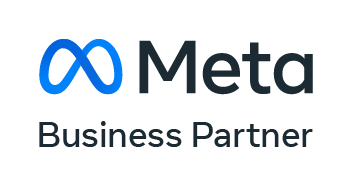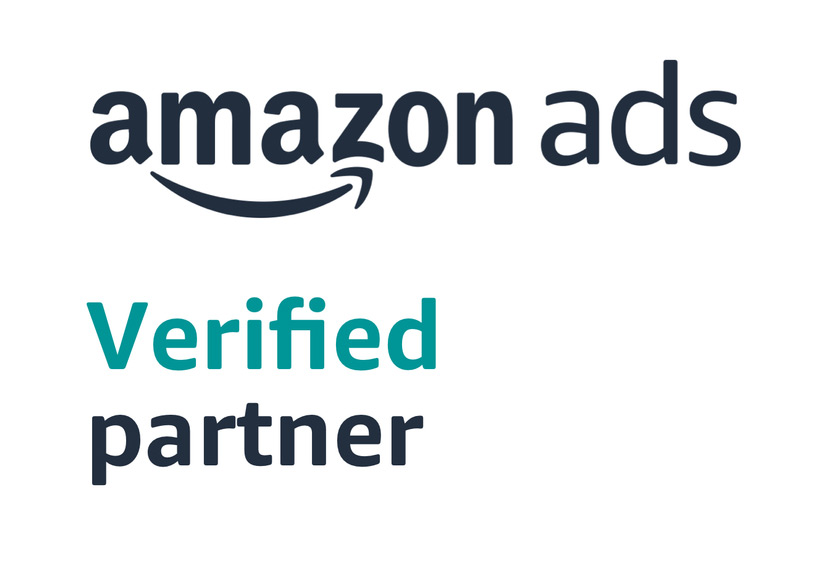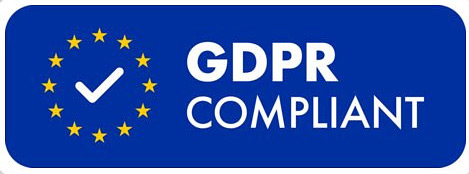The cookieless world is on the horizon. Google says that Chrome will phase out third-party cookies entirely by 2023, and the browser has already put in place an update that by default blocks third-party tracking. As e-commerce businesses face this shift away from cookies, digital marketers must find new ways to ensure products and services are seen by their high-value customers, both new and returning.
Cookies have historically offered businesses a streamlined approach to reaching consumers across sites and platforms with targeted paid ads informed by customer data. As third-party tracking will soon become a tool of the past, connecting with customers through ads on their favorite sites or apps and at the top of their search results will no longer be as dominant a strategy as it has been. Paid ads will begin to move from individual user data-informed efforts to models like Google’s Performance Max campaigns, which use automation and audience signals to reach multiple audiences.
Businesses can continue to track and report on customer spending habits by updating to Google Analytics 4 and ramping up efforts to collect first-party data through brand loyalty programs and other initiatives. But as third-party tracking is phased out, and with changes to privacy laws, regulations, and norms regarding what customer data is tracked, your paid search strategy will need to evolve to continue driving results. What does this mean for your business? Organic search and SEO are more important than ever.
How Does The Shift To A Cookieless World Impact SEO?
Search engine optimization (SEO) has always worked alongside targeted ads as an organic way to introduce customers to your e-commerce products and services. Successful SEO helps your business to stand out from its competitors. Search engines like Google are constantly refining how they process pages to serve the most relevant content to users; Google algorithm updates, including the May 2022 Core Update, often inspire changes in best practices for SEO.
The shift away from cookies does not constitute a change in best practices so much as it suggests doubling down and committing more resources to consistently refining and updating your content. As other channels become less reliable and third-party tracking becomes obsolete, optimizing content so consumers find your products and services organically through search engine results will be necessary to ensure revenue growth.
What Should I Do To Update The SEO Strategy For My E-Commerce Business?
If you haven’t already dedicated time and budgetary resources to SEO, consider this your wake-up call. Invest in your content optimization and market research so Google’s algorithms identify your products and services as the most relevant to users searching for related keywords and topics and ranks your site or marketplace listings at the top of their search engine results pages (SERP). Focusing on your organic presence and moving away from the kind of paid ads that require a steady flow of third-party data that will soon dry up will create sustainable growth for your business.
In the past, paid search and paid ad channels could seed interest in a brand, but e-commerce businesses will now need to develop new ways to build brand awareness and find and engage loyal customers. When reviewing your e-commerce content to optimize it for effective organic search, be sure to:
- Reduce crawl errors by determining if all of your links work and updating those that don’t so your pages can be indexed by search engines.
- Refresh on-page content, FAQs, and blogs so your site is informative and uses relevant, timely keywords and language.
- Update structured data to ensure Google and other search engines find critical microdata to inform their search result displays.
- Prioritize user experience (UX) by confirming your core web vitals are on point with a site that is mobile-friendly, loads quickly, is visually stable while it loads, engages viewers, and is easy to navigate.
- Check out your competitors’ websites and marketplace listings to see if there are improvements you can make to yours to keep your offerings more competitive and appealing.
- Nurture your social media accounts to increase organic traffic and searches for your brand.
How NetElixir Can Help
NetElixir can work with you to create an SEO strategy that will draw organic traffic to your business through optimized content. We will help ensure that the right customers are checking out your business and engaging with your products. With our AI-driven SEO platform, we will work with you to determine the relationship between user intent, topics, and keywords to better refine your content strategy and drive more qualified traffic to your site. Our SEO experts will collaborate with you to design engaging user experiences with compelling content that will push your site to the top of the SERP. If your site needs a refresh to improve UX, we’re here to support you with our web development services.
NetElixir stays current on search engine algorithm updates so your SEO strategies are always on trend and miles ahead of the competition. Whether your business uses marketplaces like Amazon and Walmart or you sell directly to consumers, NetElixir is here to make sure your ideal customers can move from search to final conversion seamlessly. Learn more about NetElixir’s SEO expertise and services.
Additional resources:









